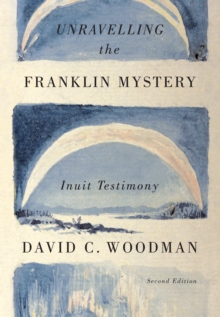
No Place for Fairness : Indigenous Land Rights and Policy in the Bear Island Case and Beyond PDF
by David T. McNab
Part of the McGill-Queen's Indigenous and Northern Studies series
Description
Aboriginal policy and claims negotiation in Canada is seen to be a murky and perplexing world that has become an important public issue and has significant policy implications for government spending.
Aboriginal land policy in Canada began as an Aboriginal initiative.
In No Place for Fairness, David McNab - a long time advisor on land and treaty rights for both government and First Nations groups - looks at the Bear Island Indigenous rights case, initiated by the Teme-Augama Anishinabe, to explore why governments fail to deal effectively with Aboriginal land claims.
The book, divided into two sections, includes a survey of the historical background of the Bear Island claim followed by a more personal series of reflections about what happened as the claim encountered decades of policy hurdles, court cases, public protests, and above all resistance by the Temagami First Nation.
McNab provides details of how ministers and their senior officials resisted real efforts to resolve problems as well as examples of field staff resisting government attempts at resolution.
He also shows that government entities such as the Indian Commission of Ontario and the Native Affairs Directorate were largely used as "mailboxes" where successive federal and provincial governments sent things they wanted to bury.
No Place for Fairness is the story of what happens when Aboriginal peoples' political rights are crammed into the Euro-Canadian legal system.
McNab makes a clear case that a legalistic approach to these problems is wholly inadequate and that more important things - like fairness - must be recognized as paramount if a just and lasting Aboriginal land policy is to be created.
Information
-
Download - Immediately Available
- Format:PDF
- Pages:224 pages
- Publisher:McGill-Queen's University Press
- Publication Date:01/10/2009
- Category:
- ISBN:9780773576599
Other Formats
- EPUB from £17.24
- Hardback from £85.09
- Paperback / softback from £20.39
Information
-
Download - Immediately Available
- Format:PDF
- Pages:224 pages
- Publisher:McGill-Queen's University Press
- Publication Date:01/10/2009
- Category:
- ISBN:9780773576599










